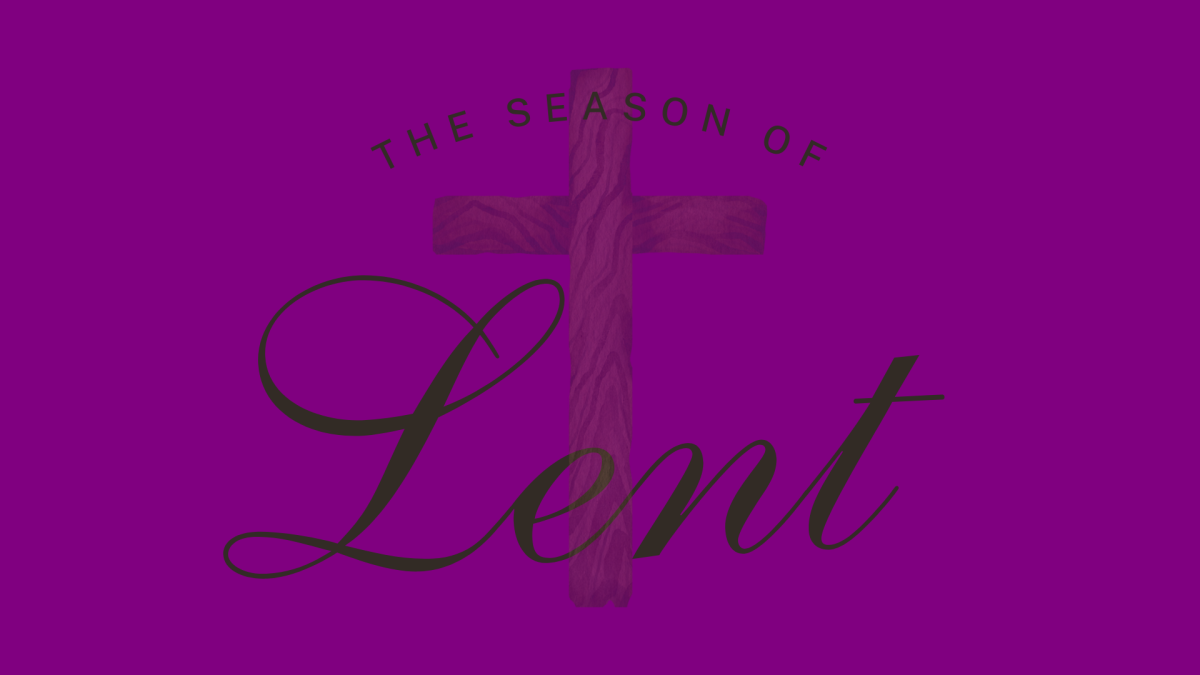On Ash Wednesday, with crosses marked on their foreheads, people worldwide begin Lent—a 40-day journey of prayer, fasting and almsgiving in preparation for Easter. This journey involves diverse practices that enrich believers’ experience and engagement. But what do these practices truly mean to those who partake in them and how do they transform the spiritual lives of believers?
Lent offers a transformative opportunity to engage deeply with one’s faith, drawing you closer to Jesus through practices that echo His compassion and sacrifice. This article delves into the heart of Lent, exploring the significance, diving into its practices, meanings and the profound impact on participants' spiritual journey.
The 40 days of Lent symbolize the period of 40 days and nights Jesus spent in the desert to fast, pray and endure the temptations of the devil. This time of reflection and testing was crucial in the preparation of His ministry, which would lead to His crucifixion. Through His sacrifice, Jesus atoned for original sin, offering eternal life and forgiveness to believers.
Leticia Garcia, first year confirmation teacher, shares why Lent is important.
“The Lent Season is very important because it’s when we as Catholics come together as the church to remember what our Father did for us sending his only son to save us from original sin, and he gave us life for our salvation and I think it's the only time that we give thanks with our hearts to the Lord,” Garcia said.
Fasting, praying and almsgiving are key practices during Lent. By fasting you might give up a favorite food; through prayer you might dedicate five minutes of prayer at night and almsgiving you might offer help to those in need. These actions remind us that the joy of Easter follows the self-sacrifice of Lent. As disciples of Jesus we must follow in His footsteps, embracing these practices.
Bryan Machorro, freshman at Cristo Rey High School sheds light on his practices during Lent.
“During Lent, I have committed to personal practices of giving up one of my favorite beverages, Dr. Pepper. Additionally, I have chosen to refrain from swearing and am making an effort to increase my prayer time. Their significance lies in giving up something I enjoy, addressing a bad habit of mine, and dedicating my time to be in prayer with God,” Machorro said.
Lent offers a unique opportunity to explore the abundance of spiritual growth and reflection. Through the example of Jesus, God demonstrates his love, mercy and grace. This season invites us to undergo the true inner conversion of heart to seek Jesus Christ’s will more faithfully. Followers deepen their faith, preparing themselves to celebrate Easter with renewed spirit and understanding.
Maria Castañeda, sophomore at Santa Clara University shares how observing Lent affects her day-to-day life and spiritual journey.
“Observing Lent has a significant impact on my day-to-day life especially being far from home at college. The discipline of giving up certain foods and making time for prayer, like the Rosary, helps me stay connected to God. Attending Mass every week and participating in Lenten events at the missions gives me a sense of community, even when I'm away from my family. It strengthens my connection to God and provides the sense of family I miss while being away, reminding me that I am never truly alone,” Castañeda said.
These practices and reflections during Lent lead to significant personal and spiritual growth. This growth prepares believers for the celebration of Easter. Continuing to celebrate the season of Lent allows faith to surge showing the value of sacrifice, prayer and generosity. This is important for celebrating this season, and shows how valuable the practices are beyond it.


































